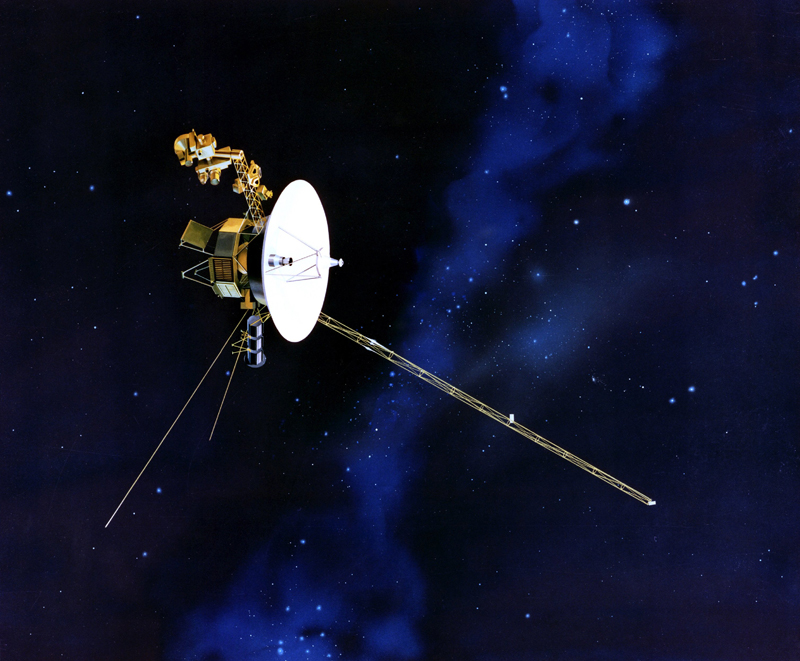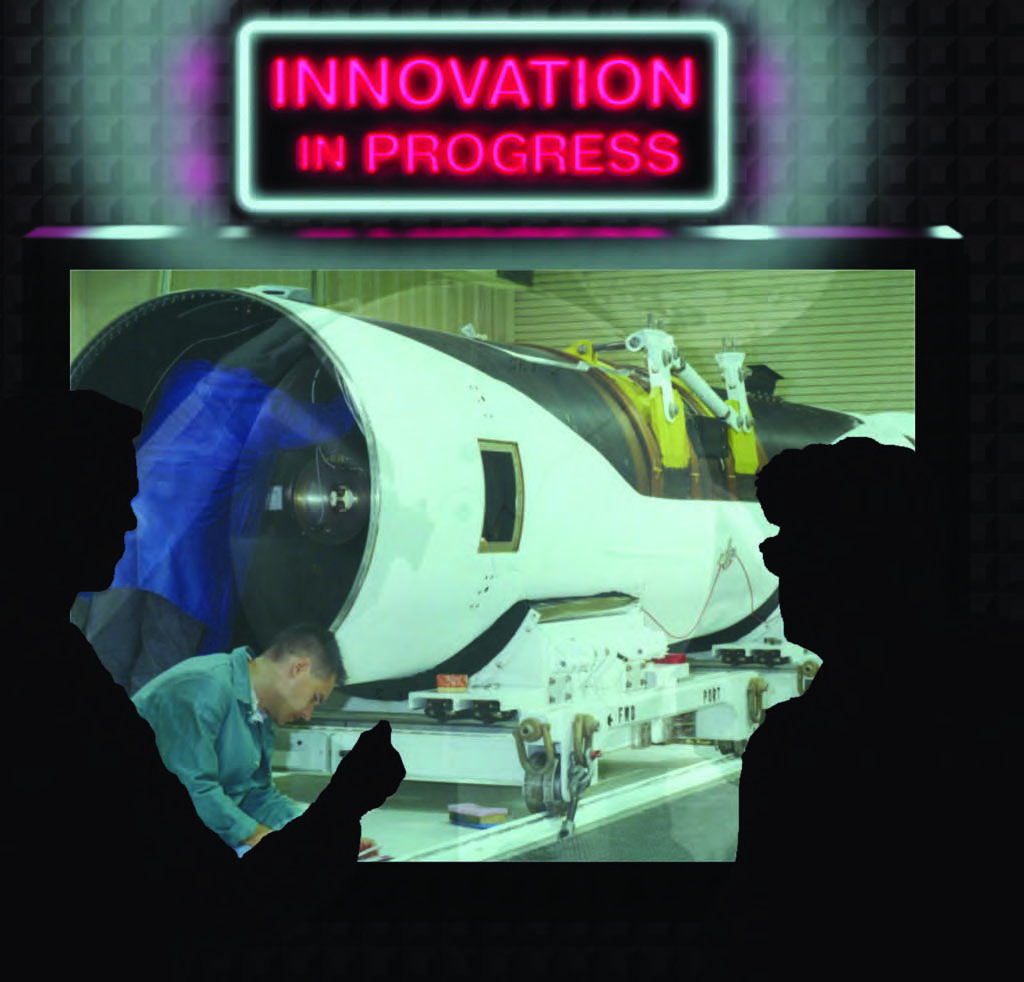By Ed Hoffman
Space exploration has always been international. NASA’s first international mission dates back nearly fifty years, and the agency has had more than three thousand agreements with over one hundred countries in its history.  What has changed is the complexity of our projects, our partners’ capabilities, and the number of spacefaring nations. How we work together has also evolved. Over the past year, as I reviewed current project management thinking with colleagues at NASA and around the world, five themes kept surfacing: team diversity, virtual work, sustainability, innovation, and portfolio management.
What has changed is the complexity of our projects, our partners’ capabilities, and the number of spacefaring nations. How we work together has also evolved. Over the past year, as I reviewed current project management thinking with colleagues at NASA and around the world, five themes kept surfacing: team diversity, virtual work, sustainability, innovation, and portfolio management.
Team diversity—cognitive, cultural, and geographic—has increased as projects become more complex, technically challenging, and global. Cognitive diversity refers to varying perspectives based on expertise, education, experience, age, training, and professional background. Cultural diversity manifests itself through different languages as well as less obvious elements including goals, politics, budgets, and national security concerns. Geographic diversity continues to grow as projects involve multiple partners from government, industry, academia, and nonprofit organizations.
Virtual work attracts talent and facilitates relationships that might otherwise be unavailable. Companies like IBM, Procter and Gamble, and AT&T have partially or fully eliminated traditional offices. NASA and IBM host meetings on “islands” in Second Life. Project managers are still trying to understand ways to remedy challenges like isolation, performance measurement, and the blurry line between work and personal life, but virtual work is here to stay.
More than a synonym for “environmentally friendly,” sustainability includes principles and practices that enable mission success and long-term societal health and progress. Sustainability is a systems-thinking challenge; it tackles questions of life-cycle impact, which can extend far beyond the duration of a project. To help address this challenge, NASA held its first Green Engineering Masters Forum in 2009.
Innovation in products and processes is a constant in the world of complex projects, shifting demographics, public-private collaboration, and the need for more sustainable practices. Projects demand adaptive thinking to adjust to changing requirements, budgets, and resources. Technology development is also essential.
Managing one project successfully is not enough. The larger challenge is managing a portfolio of programs and projects. NASA’s mission directorates function as its portfolio management organizations. Portfolio management will continue to increase in importance.
Complex international projects shape the context for these trends. For me, the highlight of PM Challenge 2010 was the first-ever international track, which explored the international dimensions of NASA’s missions. The day after that meeting, I met with counterparts from other space agencies and representatives of organizations, including the Project Management Institute and the International Astronautical Federation (IAF), to share ideas about professional development and explore avenues for future collaborations. There was strong agreement about the potential benefits of finding more ways to work together. Many colleagues expressed interest in establishing an International Project Management Committee under the auspices of the IAF.
One thing seems clear: in the years ahead, the trend toward greater collaboration in space exploration will continue. Getting into space is expensive, and no single organization has all the answers. European Space Agency Director General Jean- Jacques Dordain summed up the imperative for international collaboration in his address at the PM Challenge. “There is no alternative,” he said. “We shall have to invent the future together.”
More Articles by Ed Hoffman
- From the APPEL DirectorThe Shuttle: Image of an Organization (ASK 37)
- From the APPEL DirectorThe Conspiracy of Optimism, the Dangers of Pessimism (ASK 36)
- From the APPEL DirectorTechnology-Enabled Learning (ASK 35)
- From the APPEL DirectorGood Team Design (ASK 34)
- From the APPEL DirectorMultidisciplinary Project Leadership (ASK 33)
- + View More Articles







